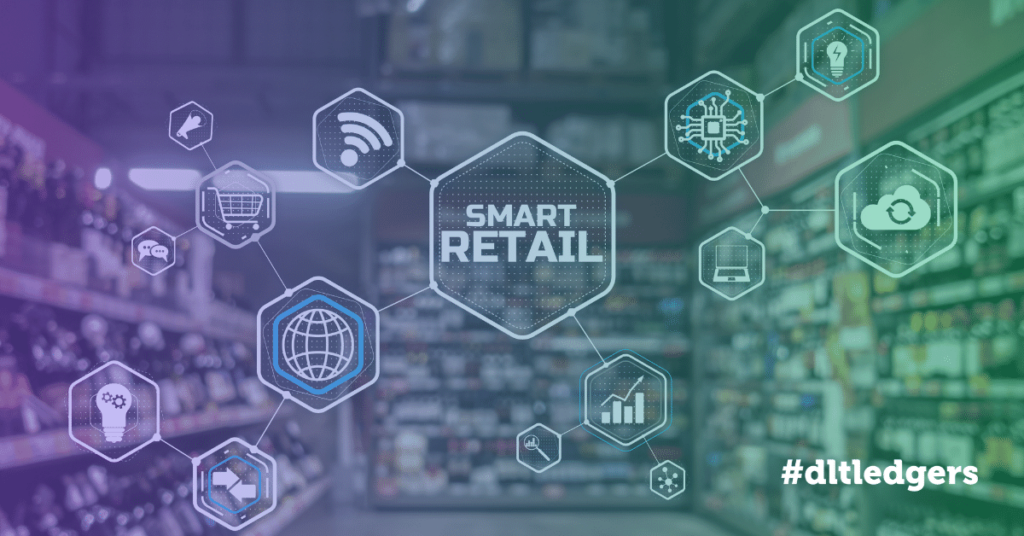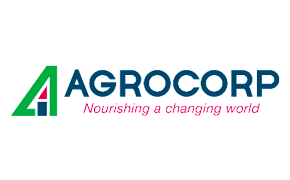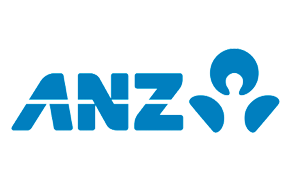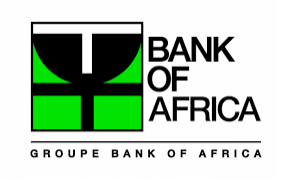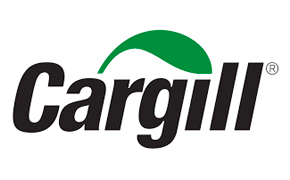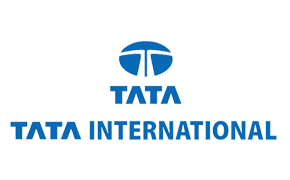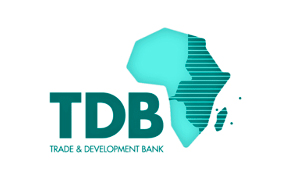In today’s fast-paced and dynamic business environment, the ability to adapt and innovate is crucial for Consumer-Packaged Goods (CPG) companies to remain competitive.
They need to cater to the demand placed on them by market players on data integrity, transparency, immutability and verifiability of data and documents.
Central to this adaptability is the transformation of their supply chain into a future-ready network capable of meeting evolving consumer demands, technological advancements, and market disruptions where in there is streamlined auditability, enhanced data security, improved transparency and increased efficiency.
In this article, we delve into the strategies CPG companies can employ to make their supply chain future-ready, and how #dltledgers can help companies in achieving that objective.
8 Strategies a CPG Company Can Adopt for Making Their Supply Chain Future-Ready
Embrace Digital Transformation
The foundation of a future-ready supply chain lies in embracing digital transformation not just for their internal operations but their external engagements as well for overall efficiency and compliance.
They should leverage the innovations in technology to foster trust, ensure compliance and digitalise manual operations for data verification and exchange in both cross-border transactions and in their domestic operations.
CPG companies should leverage advanced technologies such as Artificial Intelligence (AI), Machine Learning (ML), Internet of Things (IoT), and predictive analytics to optimize various aspects of their supply chain operations, prioritise compliance, transparency and auditability, which are becoming pre-requisites for operating in global markets.
These technologies can also enable real-time monitoring, predictive maintenance, demand forecasting, and inventory optimization, enhancing efficiency and responsiveness.
Enhance Supply Chain Visibility
Enhanced visibility across the supply chain is essential for proactive decision-making and risk management.
CPG companies should invest in digital platforms and supply chain management software that provide end-to-end visibility, allowing them to track shipments, monitor inventory levels, and identify potential bottlenecks or disruptions in real-time.
This visibility enables faster problem resolution and improves overall supply chain performance.
Adopt Agile Manufacturing Practices
Agility is key to navigating the uncertainties of the market. CPG companies should adopt agile manufacturing practices that allow for rapid product development, quick changeovers, and flexible production processes.
By embracing agile methodologies such as Lean manufacturing and Just-in-Time (JIT) production, companies can respond swiftly to changes in consumer preferences, market trends, and supply chain disruptions.
Invest in Robotics and Automation
Robotics and automation play a significant role in streamlining supply chain operations and increasing efficiency.
CPG companies should invest in automated systems for tasks such as warehousing, picking, packing, and order fulfilment.
By automating repetitive and labour-intensive processes, companies can reduce costs, minimize errors, and improve throughput, thereby enhancing overall supply chain performance.
Strengthen Collaboration and Partnerships
Collaboration with suppliers, distributors, and logistics partners is essential for building a resilient and agile supply chain.
CPG companies should forge strategic partnerships and networks to share data, resources, and expertise.
By collaborating closely with key stakeholders, companies can enhance supply chain visibility, optimize inventory management, and mitigate risks associated with disruptions or fluctuations in demand.
Emphasize Sustainability and Responsiveness
Sustainability is increasingly becoming a priority for consumers and regulators alike.
CPG companies should prioritize sustainability throughout their supply chain by sourcing raw materials responsibly, reducing carbon footprint, and adopting eco-friendly packaging solutions.
Additionally, companies should focus on responsiveness by optimizing transportation routes, reducing lead times, and implementing demand-driven production strategies to minimize waste and improve resource efficiency.
Leverage Predictive Analytics and Demand Sensing
Predictive analytics and demand sensing technologies enable CPG companies to anticipate consumer demand and market trends more accurately.
By analysing historical data, market signals, and social media trends, companies can forecast demand with greater precision and adjust production and inventory levels accordingly.
This proactive approach minimizes stockouts, reduces excess inventory, and improves overall supply chain efficiency.
Prioritize Customer Experience
Ultimately, the goal of a future-ready supply chain is to enhance the overall customer experience.
CPG companies should prioritize customer-centric strategies such as faster delivery options, personalized product offerings, and seamless omnichannel experiences.
By focusing on delivering value and convenience to consumers, companies can build brand loyalty, drive repeat purchases, and gain a competitive edge in the market.
How #dltledgers Can Help CPG Companies in Making their Supply Chain Future-Ready?
PROTEUS, a blockchain-based platform developed by #dltledgers, can indeed play a significant role in making a CPG company’s supply chain network future-ready.
The cutting-edge solution facilitates the creation of novel business processes by seamlessly integrating blockchain, smart contracts, and traditional business systems.
Here’s how:
Enhanced Transparency and Traceability
#dltledgers’s PROTEUS platform leverages blockchain technology to provide a secure and immutable ledger that records every transaction and movement of goods across the supply chain.
This enhanced transparency and traceability enable CPG companies to track the journey of products from raw material sourcing to the end consumer.
By having real-time visibility into the entire supply chain, companies can identify inefficiencies, mitigate risks, and ensure compliance with regulatory requirements.
Improved Supply Chain Efficiency
By digitizing and automating supply chain processes, PROTEUS streamlines documentation, reduces paperwork, and minimizes manual errors.
Smart contracts executed on the blockchain facilitate automated execution of predefined business rules, such as payment terms, delivery schedules, and quality standards.
This automation improves supply chain efficiency, reduces lead times, and enhances overall operational performance.
Secure and Trusted Data Sharing
#dltledgers PROTEUS platform ensures secure and trusted data sharing among supply chain partners through cryptographic encryption and decentralized consensus mechanisms.
By eliminating intermediaries and enabling direct peer-to-peer communication, the platform facilitates faster decision-making, seamless collaboration, and greater trust between trading partners.
This secure data sharing ecosystem fosters transparency, integrity, and accountability across the supply chain. Providing a secure and verifiable method for effectively managing mission-critical information with ecosystem partners, while enhancing compliance.
Real-time Inventory Management
With #dltledgers’ PROTEUS platform, CPG companies can achieve real-time visibility into inventory levels, locations, and movements across their supply chain network.
By integrating with IoT devices and sensors, the platform enables automatic tracking and monitoring of inventory in warehouses, distribution centers, and retail outlets.
This real-time inventory management capability helps companies optimize stock levels, reduce excess inventory, and prevent stockouts, thus improving supply chain resilience and responsiveness.
Efficient Trade Finance and Payments
#dltledgers facilitates efficient trade finance and payments by digitizing trade documents, invoices, and payment instructions on the blockchain.
Smart contracts embedded in the platform automate trade finance processes, such as letter of credit issuance, document verification, and payment settlements, reducing administrative overheads and transaction costs.
This streamlined trade finance ecosystem accelerates cash flow, enhances liquidity, and strengthens relationships between buyers and suppliers.
Risk Mitigation and Compliance
By recording every transaction on an immutable blockchain ledger, #dltledgers’s PROTEUS platform provides a comprehensive audit trail that helps CPG companies mitigate risks and ensure compliance with regulatory requirements.
Smart contracts can enforce predefined compliance rules, such as product authenticity, origin certification, and quality standards, reducing the likelihood of counterfeit or substandard products entering the supply chain.
This risk mitigation and compliance framework enhance brand reputation, consumer trust, and market competitiveness.
Conclusion
In conclusion, building a future-ready supply chain is imperative for CPG companies to thrive in today’s rapidly evolving business landscape.
Realising the importance of visibility and transparency in shared transactions, large organizations are building their private networks with permissioned access to ecosystem partners.
The digital framework is offering a secure way to share data via shared ledgers using Distributed Ledger Technologies.
This is being currently adopted by large organizations to generate digital trust among participants within sectors/industries that are high on digital readiness index.
By embracing digital transformation, enhancing visibility, adopting agile practices, investing in automation, strengthening collaboration, emphasizing sustainability, leveraging predictive analytics, and prioritizing customer experience, companies can create supply chain networks that are resilient, efficient, and responsive to change.
#dltledgers can play a pivotal role in making a CPG company’s supply chain network future-ready by enhancing transparency, efficiency, collaboration, and compliance.
By leveraging blockchain technology, CPG companies can achieve real-time visibility, streamline processes, reduce risks, and create a more resilient and agile supply chain ecosystem that is poised to meet the challenges of the future.
As the CPG industry continues to evolve, those companies that proactively adapt and innovate their supply chains will emerge as leaders in the market.
Get in touch with our experts to build a customized app based on PROTEUS that can solve your unique supply chain orchestration challenges in as little as 6-weeks.

